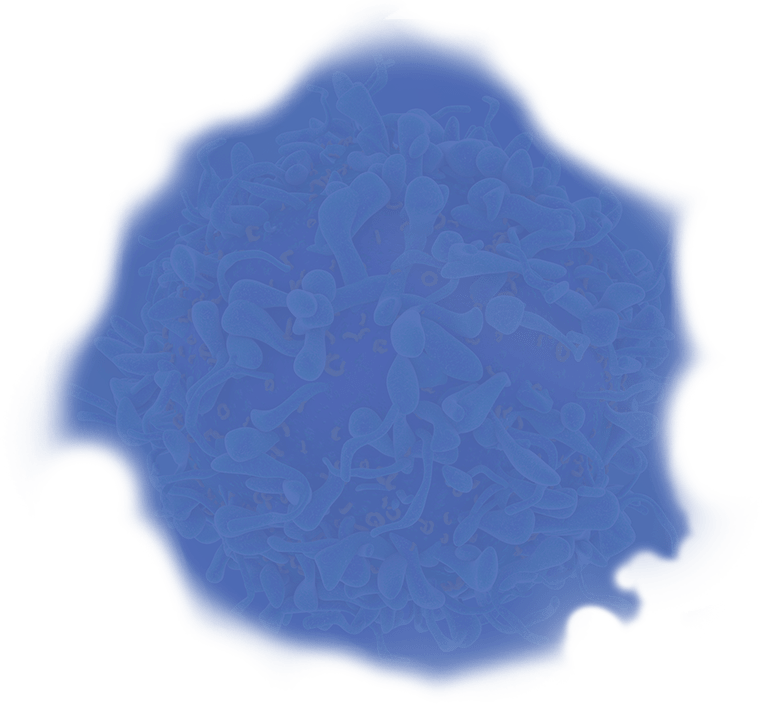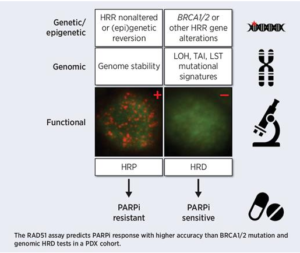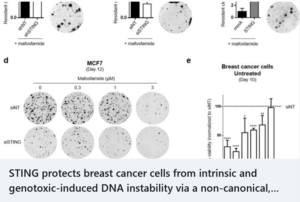Publications | 05.05.22
Targeting genome integrity dysfunctions impedes metastatic potency in non-small-cell lung cancer circulating tumor cellderived eXplants
Tala Tayoun,1 Vincent Faugeroux,2 Marianne Oulhen,2 Olivier Déas,3 Judith Michels,4 Laura Brulle-Soumare,5 Stefano Cairo,3 Jean-Yves Scoazec,7 Virginie Marty,7 Agathe Aberlenc,2 David Planchard,4 Jordi Remon,8 Santiago Ponce,9 Benjamin Besse,4 Patricia L. Kannouche,10 Jean-Gabriel Judde,3 Patrycja Pawlikowska,11 and Françoise Farace2
Published May 5, 2022 JCI Insight
DNA damage and genomic instability contribute to non-small cell lung cancer (NSCLC) etiology and progression. However, their therapeutic exploitation is disappointing. CTC-derived eXplants (CDX) offer systems for mechanistic investigation of CTC metastatic potency and may provide rationale for biology-driven therapeutics. Four CDX models and three CDX-derived cell lines were established from NSCLC CTCs and recapitulated patient tumor histology and responseto platinum-based chemotherapy. CDX (GR-CDXL1, GR-CDXL2, GR-CDXL3, GR-CDXL4) demonstrated considerable mutational landscape similarity with patient tumor biopsy and/or single CTCs.
Truncal alterations in key DNA damage response (DDR) and genome integrity-related genes were prevalent across models and assessed as therapeutic targets in vitro, in ovo and in vivo. GR-CDXL1 presented homologous recombination deficiency linked to bi-allelic BRCA2 mutation and FANCA deletion, unrepaired DNA lesions post-mitosis and olaparib sensitivity, despite resistance to chemotherapy. SLFN11 overexpression in GR-CDXL4 led to olaparib sensitivity and was in coherence with neuroendocrine marker expression in patient tumor biopsy, suggesting a predictive value of SLFN11 in NSCLC histological transformation into SCLC. Centrosome clustering promoted targetable chromosomal instability in GR-CDXL3 cells.
These CDX unravel DDR and genome integrity-related defects as a central mechanism underpinning metastatic potency of CTCs and provide rationale for their therapeutic targeting in metastatic NSCLC.






